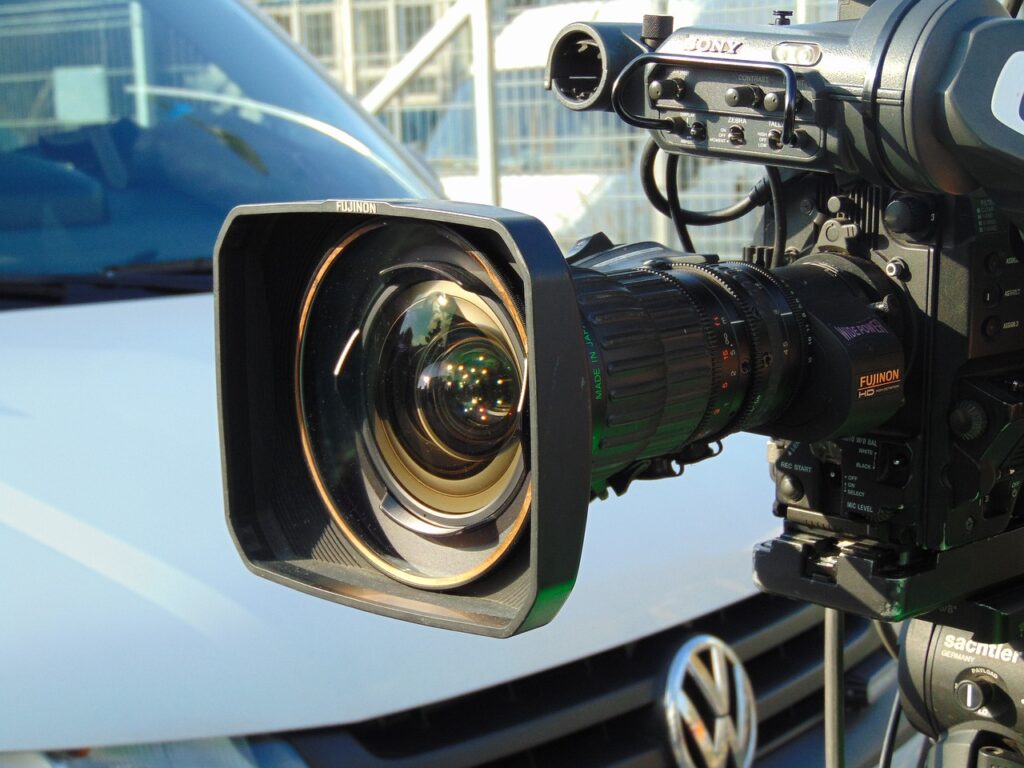Cinema is more than just a form of entertainment—it’s a portal into new worlds, a mirror of society, and a canvas for the deepest human emotions. Since the Lumière brothers’ first motion picture flickered onto a screen in 1895, the world of cinema has evolved into an industry that blends art, technology, culture, and business. Today, films not only shape popular culture but also influence societal conversations, introduce new talents, and immortalize characters in our collective memory.
From the silver screens of Hollywood to the indie theaters of Europe and the vibrant film scenes of South Korea, Nigeria, and India, cinema is a universal language. It tells stories we know by heart and others we’ve never dared to imagine. Among the many who’ve made their mark in this glittering world, names like Emma Watson have risen to international fame—not just for acting chops but for the stories they help bring to life. Interestingly, behind some of these stars are lesser-known family members. The story of Emma Watson brother, Alex Watson, offers a fascinating glimpse into the creative family behind the fame.
The Global Evolution of Cinema: From Silent Films to Streaming
The journey of cinema spans more than a century and mirrors the evolution of society itself. In the early days, silent films dominated the scene. Stars like Charlie Chaplin and Buster Keaton communicated complex emotions without a single spoken word. Then came the “talkies” in the late 1920s, revolutionizing storytelling with synchronized sound. This new era launched cinema into the golden age of Hollywood, bringing about legendary names like Audrey Hepburn, Humphrey Bogart, and Alfred Hitchcock.
As technology advanced, so did cinema’s ability to dazzle audiences. Color films became the norm by the mid-20th century, and visual effects continued to push boundaries. By the time the 21st century arrived, CGI and motion capture transformed the way we watch and perceive films. Directors like James Cameron and Peter Jackson harnessed these tools to create epics like Avatar and The Lord of the Rings trilogy.
But perhaps the most disruptive evolution of all has been the digital revolution. Platforms like Netflix, Amazon Prime, and Disney+ have shifted the power dynamics of the industry. Today, a blockbuster release can happen simultaneously in over 100 countries, streamed directly into homes, bypassing the traditional box office model.
Through all these changes, one thing remains constant: the need for compelling stories and captivating performances. Actors like Emma Watson—best known for her role as Hermione Granger in the Harry Potter series—continue to evolve alongside the industry. While Emma has become a household name, her brother, Emma Watson brother, Alex Watson, has carved out his own path. Though primarily known for modeling and fashion campaigns, his presence at premieres and artistic circles shows a clear affinity for the world of cinema and creativity.
Cinema as a Reflection of Society: Representation, Revolution, and Responsibility
Cinema does more than entertain—it reflects and shapes societal values. Over the decades, films have tackled themes such as war, racial injustice, gender identity, climate change, and more. Movies like Schindler’s List, 12 Years a Slave, Thelma & Louise, and Parasite didn’t just win awards—they sparked conversations.
In recent years, the industry has faced growing pressure to improve representation both on-screen and behind the scenes. Movements like #MeToo and Time’s Up have highlighted the power dynamics and inequalities within Hollywood and other film industries. At the same time, there’s a surge in films created by diverse voices, including those from marginalized communities.
Emma Watson herself has been a vocal advocate for gender equality, both through her acting roles and as a UN Women Goodwill Ambassador. Her activism has proven that actors can be powerful agents for change. And while he hasn’t taken on the same public advocacy role, Emma Watson brother, Alex, represents a new generation of creative minds adjacent to the entertainment world—those who influence film and fashion culture more subtly.
The democratization of content creation—thanks to affordable cameras, smartphones, and platforms like YouTube and TikTok—means that anyone with a story to tell can contribute to the cinematic conversation. Independent cinema, short films, and international projects have found new audiences in the digital age, often reaching critical acclaim without traditional studio backing.

This cultural shift is not just in content but also in style and substance. Today’s audiences are drawn to authenticity, complexity, and originality. They crave characters who reflect their own lives—or challenge them to see the world differently. And this is where new talent continues to shine. Perhaps, in the future, Emma Watson brother may take on a more active role in film, contributing either in front of the camera or behind it.
Conclusion
The world of cinema remains as captivating as ever. It’s an industry built on imagination, yet grounded in real emotions and experiences. From the timeless classics of the past to the high-definition spectacles of today, movies continue to inspire, provoke, and entertain across generations.
As the medium grows, it becomes more inclusive, diverse, and global. Stories once confined to specific cultures or languages now reach audiences worldwide. Whether it’s a Hollywood blockbuster, a French indie film, or a South Korean thriller, cinema reminds us of our shared humanity.
Personalities like Emma Watson show us how actors can use their platform to influence not just the industry but the world beyond it. And through connections like Emma Watson brother, Alex Watson—whose own creative ventures highlight the multi-dimensionality of modern celebrities—we’re reminded that every name in the credits has a story of its own.
So next time the lights dim and the screen comes alive, remember: you’re stepping into a world where anything is possible. A world of cinema.
